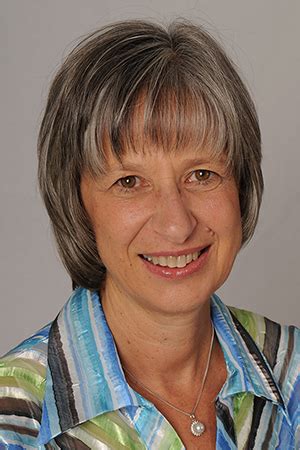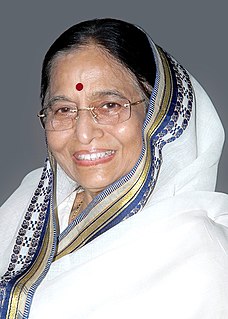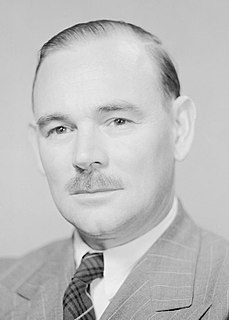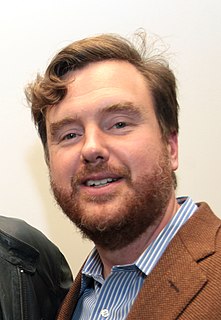A Quote by M. J. Ryan
Patience is no small, fell-good personal quality. It is at the heart of diplomacy and civility, lawfulness and civil order. Without it, people can't work together and society can't function at all. With it, we create the possibility of peace between people and between nations.
Related Quotes
No one walks so safely as one who walks humbly and harmlessly with great love and great faith. For such a person gets through to the good in others (and there is good in everyone), and therefore cannot be harmed. This works between individuals, it works between groups and it would work between nations if nations had the courage to try it.
I think personal diplomacy has caused a lot of mischief and harm, and has impeded the progress of peace in the world. It leads to a very great fallacy - the almost pathetic belief of some Foreign Ministers - that, if they had lunch with someone and called him by his Christian name, they have changed the fundamental facts of relationship between nations.
John Stuart Mill, in his wonderful 1859 book On Liberty, talks about civility. And this is why you should always be concerned about calls for civility. He points out that civility ends up getting defined by the people who are in charge. And you'll notice that when people argue for civility, they tend to actually believe that whatever they say is civil. And if they're angry about it, it's righteous rage. But if you say it and it's kind of sharp or mean, then it's incivil. ... And sometimes, disagreement-to be productive-can't be all that civil.
If there is to be peace in the world,
There must be peace in the nations.
If there is to be peace in the nations,
There must be peace in the cities.
If there is to be peace in the cities,
There must be peace between neighbors.
If there is to be peace between neighbors,
There must be peace in the home.
If there is to be peace in the home,
There must be peace in the heart.
What does open us is sharing our vulnerabilities. Sometimes we see a couple who has done this difficult work over a lifetime. In the process, they have grown old together. We can sense the enormous comfort, the shared quality of ease between these people. It is beautiful, and very rare. Without this quality of openness and vulnerability, partners don't really know each other; they are one image living with another image.
I'm not a person who believes in the great difference between women and men as editors. But I do think that quality is key. We're very good at organizing and discipline and patience, and patience is 50 per cent of editing. You have to keep banging away at something until you get it to work. I think women are maybe better at that.


































